Do:
Give students multiple ways to access information: Not only will your lessons be more engaging, but students will be more likely to remember information that’s presented in different ways.
Individualize your lessons: It still makes sense to differentiate your instruction, even if students don’t have a single dominant learning style. Avoid a one-size-fits-all method of teaching, and think about students’ needs and interests.
Incorporate the arts into your lessons: Schools often focus on the linguistic and logical intelligences, but we can nurture student growth by letting them express themselves in different ways. As Gardner explains, “My theory of multiple intelligences provides a basis for education in the arts. According to this theory, all of us as human beings possess a number of intellectual potentials.”
Don’t:
Label students with a particular type of intelligence: By pigeonholing students, we deny them opportunities to learn at a deeper, richer level. Labels—such as “book smart” or “visual learner”—can be harmful when they discourage students from exploring other ways of thinking and learning, or from developing their weaker skills.
Confuse multiple intelligences with learning styles: A popular misconception is that learning styles is a useful classroom application of multiple intelligences theory. “This notion is incoherent,” argues Gardner. We read and process spatial information with our eyes, but reading and processing require different types of intelligence. It doesn’t matter what sense we use to pick up information—what matters is how our brain processes that information. “Drop the term styles. It will confuse others, and it won't help either you or your students,” Gardner suggests.
Try to match a lesson to a student’s perceived learning style: Although students may have a preference for how material is presented, there’s little evidence that matching materials to a preference will enhance learning. In matching, an assumption is made that there’s a single best way to learn, which may ultimately prevent students and teachers from using strategies that work. “When one has a thorough understanding of a topic, one can typically think of it in several ways,” Gardner explains.
Learn more / En savoir plus / Mehr erfahren:
https://www.scoop.it/t/21st-century-learning-and-teaching/?&tag=Multiple+intelligences



 Your new post is loading...
Your new post is loading...








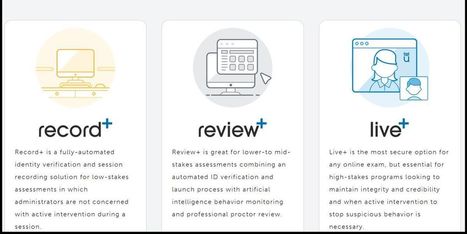
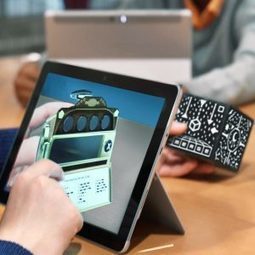


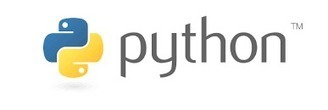
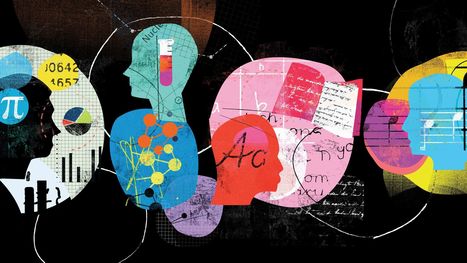

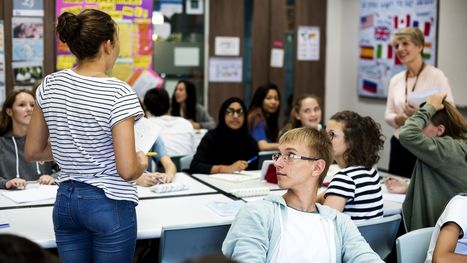

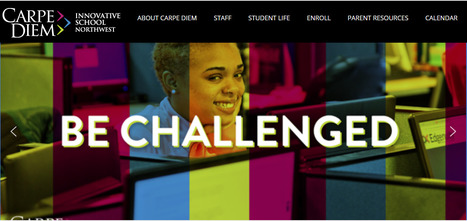


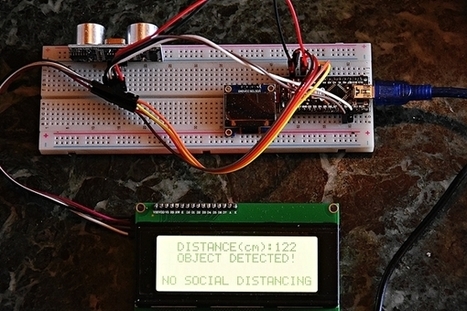
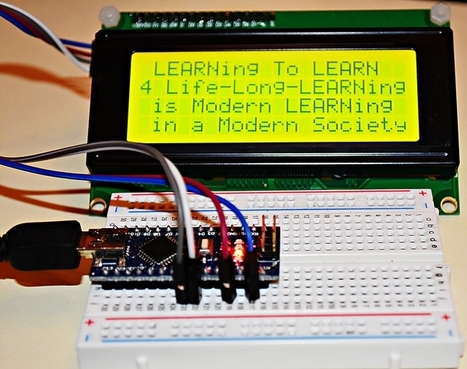
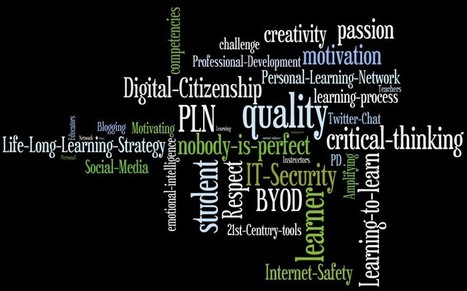







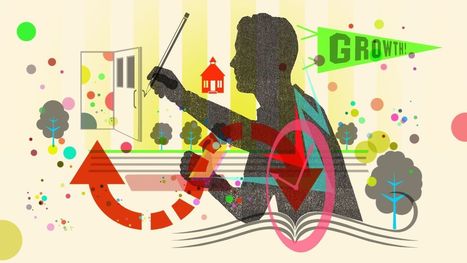






Le social bookmarking, c'est bon pour tout le monde ! C'est, en substance, ce que nous dit M. Drechsler, dans la deuxième partie de l'entrevue, consacrée à la place des savoirs informels dans la formation tout au long de la vie.
Learn more / En savoir plus / Mehr erfahren:
https://www.scoop.it/t/21st-century-learning-and-teaching/?&tag=Curation
https://gustmees.wordpress.com/2014/02/26/curation-the-21st-century-way-to-learn-on-its-own-pace-and-to-organize-the-learning/
https://gustmees.wordpress.com/2014/02/20/curation-tips-and-tricks-with-scoop-it-rescoop-and-tags/
https://gustmees.wordpress.com/2013/04/25/learn-every-day-a-bit-with-curation/
https://www.scoop.it/topic/21st-century-learning-and-teaching/?&tag=PKM